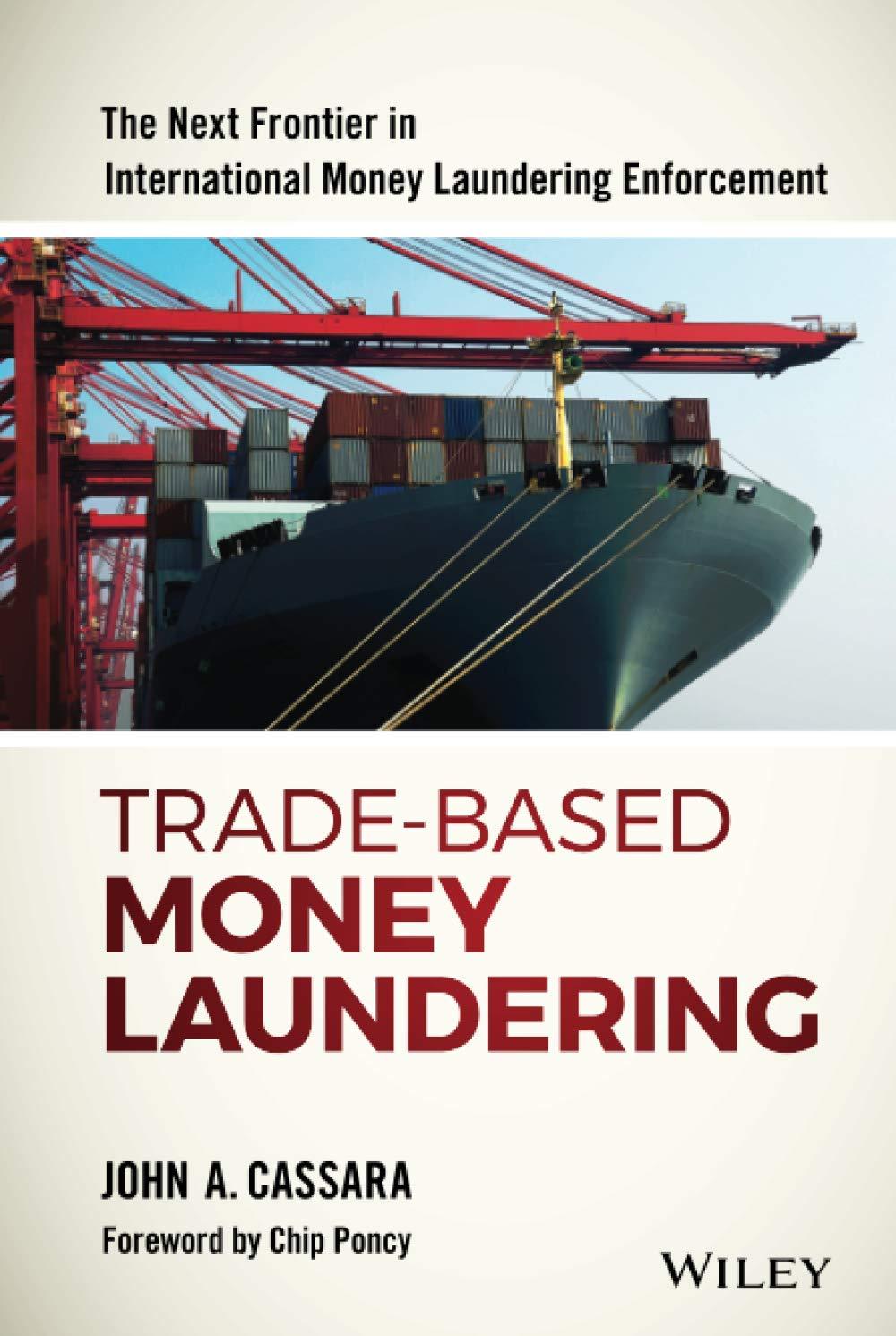Question
1. Variable Costing & Absorption Costing Selling price per unit is $50 Manufacturing costs include DM $11 per unit, DL $6 per unit, VMOH $3
1. Variable Costing & Absorption Costing
Selling price per unit is $50
Manufacturing costs include DM $11 per unit, DL $6 per unit, VMOH $3 per unit, Fixed MOH $120,000 per year.
Selling and administrative costs include $4 per unit and fixed costs of $70,000 per year.
Produced 10,000 units; sold 6,000 units.
Calculate unit product cost using variable costing.
Calculate unit product cost using absorption costing.
Which method will produce the highest net income?
2. CVP Analysis
Backpacks sale for 55 each with a contribution margin ratio of 30% fixed costs are 300,000 per year
What are the variable costs per backpack?
Calculate the breakeven point in units and in sales dollars.
What sales level in units and in sales dollars is required to earn an annual profit of $80,000?
3. Margin of safety
Selling price per unit is 20, variable cost per unit is $9, fixed costs are $7000 and unit sales are expected to be 950 units, what is the margin of safety. What is the margin of safety ratio?
4. The only thing that is different between variable costing and absorption costing is the treatment of what?
5. Cost Plus Pricing
VC per unit is $77.
Total FC are $2,480,000.
Expected production is 80,000 units.
Markup percentage is 30%.
Calculate the target selling price.
6. What costs are always relevant?
7. What costs are never relevant? (sunk)
8. Keep or drop a segment
Department A has a contribution margin of $650,000, fixed costs of $800,000, and a net operating loss of $150,000. Department B has a contribution margin of $2,200,000, fixed costs of $1,200,000 and a net operating income of $1,000,000. $450,000 of the fixed costs charged to Department A are allocated costs that will be absorbed by Department B if Department A is dropped. Elimination of Department A would result in a 15% decrease in sales of Department B.
If Department A is dropped, what will be the net effect on net operating income for the company as a whole?
9. Make or buy
A company manufactures a small part used in other products. Unit product cost for the part includes direct materials $3.75 per unit, direct labor $2.50 per unit, variable manufacturing overhead $.40 per unit, fixed manufacturing overhead $2.60 per unit. An outside supplier has offered to sell us the part for $9.00 per unit.
What is the dollar advantage or disadvantage of accepting the suppliers offer?
10. Accept special order
The cost of producing and selling a single unit of product includes the following:
direct materials $2.25, direct labor $2.75, variable manufacturing overhead $.25, fixed manufacturing overhead $4.00, variable selling and administrative expenses $1.25,
fixed selling and administrative expenses $1.75. The normal selling price is $14 per unit, and the company has idle capacity.
If the company accepts a special order of 1500 units at a selling price of $12.00 per unit, how much will monthly profits increase or decrease if the order does not affect fixed costs?
11. True or false
True or False If there are limited resources, to maximize total contribution margin, a company should promote the product(s) with the highest unit contribution margin.
True or False Are all variable costs are relevant.
12. Define
Define Operating leverage and show the formula
Define relevant costs
Define target cost and explain how it is calculated
Step by Step Solution
There are 3 Steps involved in it
Step: 1

Get Instant Access to Expert-Tailored Solutions
See step-by-step solutions with expert insights and AI powered tools for academic success
Step: 2

Step: 3

Ace Your Homework with AI
Get the answers you need in no time with our AI-driven, step-by-step assistance
Get Started


